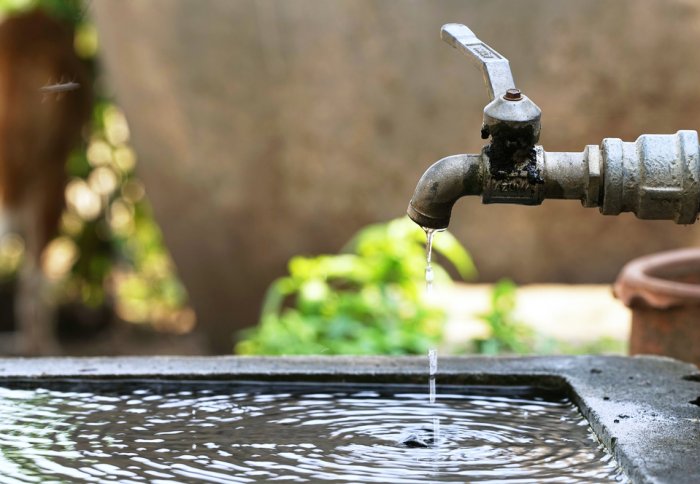What the circular economy means for our water resources
by Jenn Rowater

Turning waste and wastewater into a valuable resource; the virtuous circle that could help us move towards a more sustainable society.
“Water is an important natural resource, essential for life and necessary for the survival of all ecosystems. We must find ways to manage this finite resource sustainably.”
– Dr Nick Voulvoulis
Director of the MSc in Environmental Technology, Centre for Environmental Policy
“Water is essential for life, vital to our way of living and for maintaining the natural ecosystems upon which all life depends” says Dr Nick Voulvoulis, Reader in Environmental Technology and Director of the MSc in Environmental Technology at Imperial’s Centre for Environmental Policy (CEP). “Meeting humanity’s rapidly growing consumption needs, with finite resources on a planet that is already under stress, requires more than greater resource efficiency.”
With three billion new middle class consumers anticipated by 2030, new business models must be explored if we are to continue to thrive on this planet.
One solution may be to move from a linear economy (of make, use and dispose) to a circular economy that seeks to eliminate losses and decouple economic growth from resource consumption. But for an essential resource like water, this shift is not just necessary but also incredibly complex.
Developing a systems perspective
 "Water is part of a dynamic system with many interdependent factors and multiple stressors”, explains Dr Voulvoulis; “it is therefore essential to develop a wider understanding of the complex interrelationships involved”.
"Water is part of a dynamic system with many interdependent factors and multiple stressors”, explains Dr Voulvoulis; “it is therefore essential to develop a wider understanding of the complex interrelationships involved”.
It is clear that dividing up the world into its component parts and approaching each separately no longer suffices for addressing environmental challenges. Instead, Nick argues, we need “holistic, interdisciplinary and integrated thinking”, which can result in a clear win-win.
For example, aside from returning clean water back to the environment, it is possible to reuse (e.g. in agriculture), and recover valuable materials from the waste stream. This includes biomass, plastic, wood, paper, metal, glass and energy, which can be sold back into the production cycle as secondary raw materials, helping to generate GDP.
Research forges valuable links
The environmental quality research that Dr Voulvoulis and his team are undertaking at the Centre for Environmental Policy has been focussed on delivering excellence on the links between disciplines; developing ways that enable interdisciplinary research to reach its full potential.
Their initiatives have increased technological expertise, helped to bring young talent into the low carbon economy, and facilitated closer working relationships with industry. For example, Dr Voulvoulis has been co-directing a very successful partnership with Anglian Water since 2002.
The Centre is fortunate - and proud – to count over 4,000 influential experts across the globe as CEP alumni. Many already share their experience of environmental challenges and industry issues with today’s students but additional help is always welcome.
To discuss working with the CEP to offer advice and expertise and support, or to create opportunities for research work and collaboration for staff, or placements and jobs for students, please contact Patrick Stewart, Head of Development for the Faculty of Natural Sciences, on +44 (0) 20 7594 2667 or by email to patrick.stewart@imperial.ac.uk.
Article text (excluding photos or graphics) © Imperial College London.
Photos and graphics subject to third party copyright used with permission or © Imperial College London.
Reporter
Jenn Rowater
Advancement